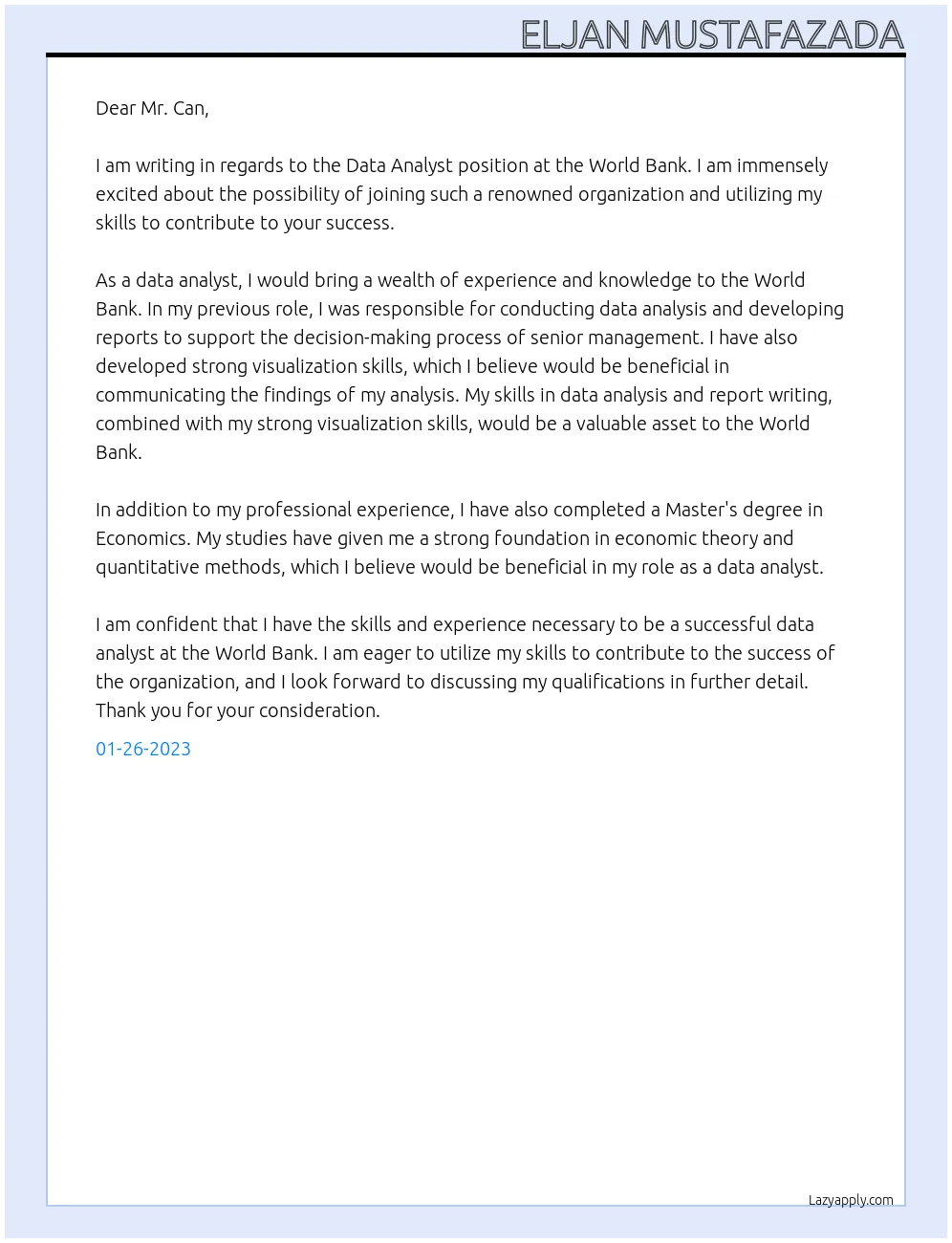Why Your World Bank Cover Letter Matters
Your World Bank cover letter is your first and often only chance to make a strong impression. It’s your opportunity to introduce yourself, showcase your skills, and demonstrate why you’re the perfect fit for the role and the organization. Unlike a resume, which lists your experience, a cover letter allows you to tell your story, connect your skills to the job requirements, and express your genuine interest in the World Bank’s mission. A well-crafted cover letter is not just a formality; it’s a strategic tool to set you apart from other applicants and secure an interview. Without a compelling cover letter, even the most impressive resume might be overlooked. The World Bank receives countless applications, making a well-written cover letter a critical differentiator. It shows you’ve taken the time to understand the role and the institution, highlighting your enthusiasm and attention to detail – essential qualities for any World Bank employee. Therefore, every element should be carefully considered and crafted with the utmost care to maximize your chances of success.
Understanding the World Bank’s Culture
Before writing your cover letter, you must understand the World Bank’s culture. The institution values individuals who are passionate about international development, possess strong analytical skills, and demonstrate a commitment to making a positive global impact. Research the World Bank’s mission, values, and recent projects to align your cover letter with their priorities. Highlight your experience in related fields, showcasing your understanding of development challenges and your ability to contribute to solutions. Be mindful of the World Bank’s diverse and inclusive environment; use respectful language and demonstrate your ability to work collaboratively with people from different backgrounds. Show your knowledge of the Bank’s strategic goals and how your skills and experience can help advance those goals. Understanding this cultural context ensures that your cover letter resonates with the hiring managers and demonstrates your ability to thrive within the World Bank environment.
Key Components of a World Bank Cover Letter
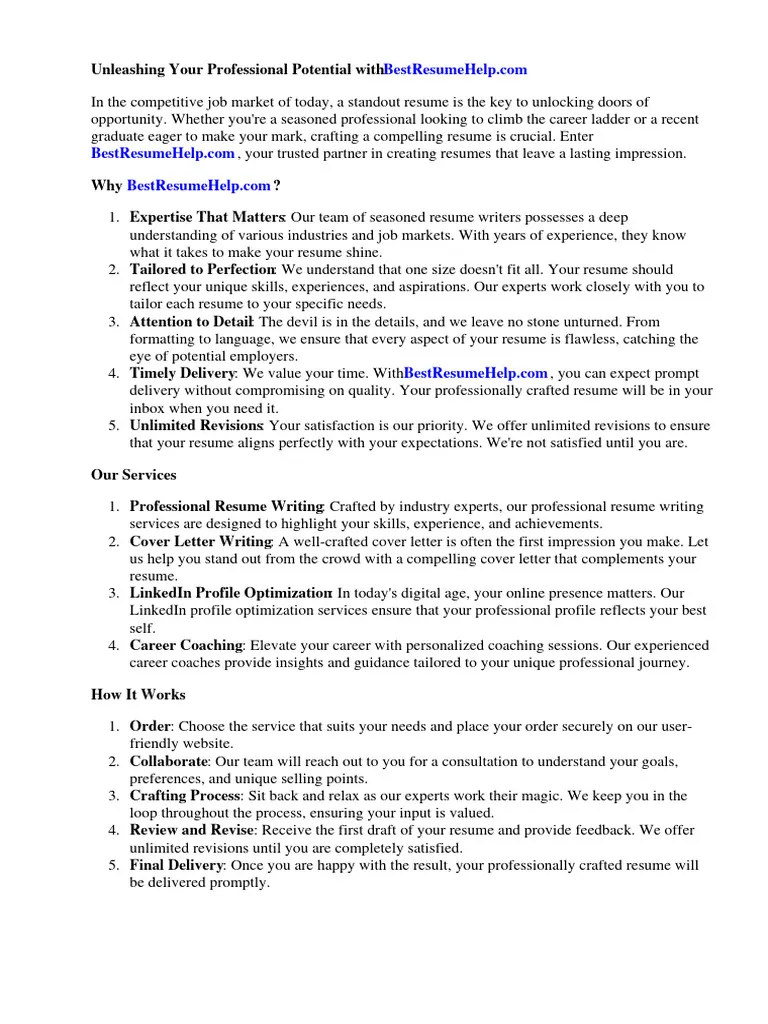
Header and Contact Information
Start with a professional header that includes your contact information: full name, phone number, email address, and LinkedIn profile (optional but recommended). Ensure that the information is accurate and up-to-date. Place the header in a prominent position at the top of your cover letter, using a professional and clean format. This makes it easy for the hiring manager to contact you if they are interested in your application. If applying through a specific job portal, make sure your contact details match those submitted in your application. Avoid any unprofessional email addresses and keep your contact information consistent across all your application materials. The header serves as an initial impression, so it is crucial to keep it clean, clear, and easy to read, providing all the necessary information at a glance.
Addressing the Hiring Manager
Whenever possible, address your cover letter to a specific person. Research the hiring manager’s name and title through LinkedIn or the World Bank’s website. A personalized salutation, such as “Dear Mr./Ms. [Last Name],” immediately shows that you’ve taken the time to research the application and are invested in the opportunity. If you cannot find the hiring manager’s name, use a professional alternative such as “Dear Hiring Manager” or “Dear Recruitment Team.” Avoid generic greetings that may appear impersonal. Addressing the specific person demonstrates attention to detail and a genuine interest in the position. It creates a more personal connection and shows that you’re not just sending a generic application. Personalization can significantly increase your chances of making a positive first impression.
Crafting a Compelling Opening
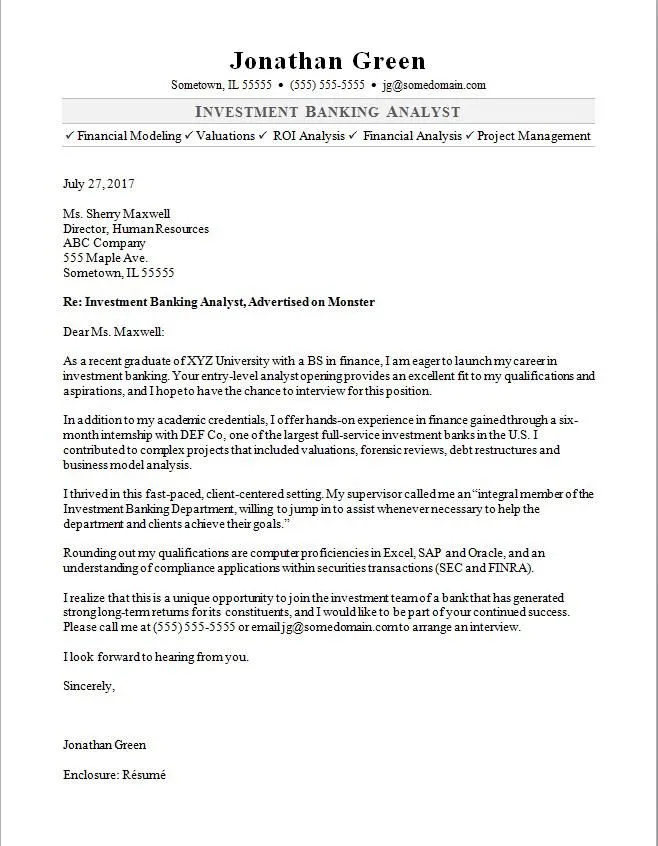
The opening paragraph is your first opportunity to grab the reader’s attention. Start with a strong statement that immediately highlights your interest in the position and the World Bank. Clearly state the position you are applying for and where you found the job posting. Briefly mention your most relevant qualifications and experience. You can also include a compelling statement about your passion for international development or your alignment with the World Bank’s mission. Keep it concise and focused; avoid generic phrases. The opening sets the tone for the rest of your cover letter, so make it count. It should immediately convey why you are a strong candidate and generate interest in reading further. The goal is to capture the hiring manager’s attention and encourage them to continue reading about your qualifications and interest in the World Bank.
Highlighting Relevant Skills and Experience
The body of your cover letter should detail your skills and experience that are most relevant to the job description. Use specific examples to illustrate your qualifications, providing evidence of your abilities. Don’t just list your skills; explain how you have used them in previous roles and the results you achieved. Use keywords from the job posting to demonstrate your understanding of the requirements. Tailor each cover letter to the specific position, focusing on the skills and experiences the World Bank values most. This demonstrates your understanding of the role and its responsibilities. Make it clear how your skills align with the needs of the World Bank. Ensure that your examples are relevant, concise, and impactful, showing the hiring manager what you can bring to the team. Be sure to highlight the core skills and experiences that make you an ideal candidate.
Quantifying Your Achievements
Whenever possible, quantify your achievements to demonstrate the impact of your work. Instead of stating that you “managed projects,” say that you “managed projects with a budget of $X and delivered them on time and under budget by Y%.” Provide specific numbers, percentages, and metrics to showcase your accomplishments. This allows the hiring manager to see the tangible results of your work. Quantifying your achievements adds credibility to your claims and makes them more memorable. For example, you can mention how you “increased project efficiency by 15% through process improvements” or “secured $X in funding for a development project.” This specific data provides concrete evidence of your skills and makes your application more compelling.
Showcasing Your Passion for Development
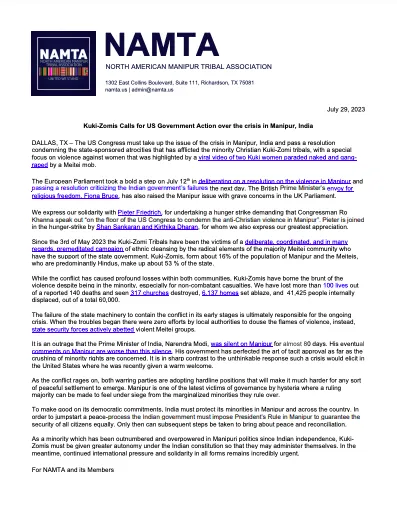
The World Bank seeks individuals with a genuine passion for international development. In your cover letter, articulate your commitment to making a positive impact on the world. Share specific examples of your involvement in development-related activities, such as volunteer work, research projects, or internships. Express your understanding of the challenges and opportunities in the field of international development. Discuss what motivates you to work in this sector and why you are drawn to the World Bank’s mission. Show that you are deeply committed to poverty reduction, sustainable development, and other global goals. The hiring managers look for candidates who demonstrate a genuine enthusiasm for the Bank’s work. Connect your personal values with the mission of the World Bank and express your excitement to contribute to their goals, ensuring your letter reflects both your professional abilities and your dedication to global development.
Demonstrating Knowledge of the World Bank
Demonstrate your understanding of the World Bank’s work and its initiatives. Research the specific department or team you are applying to and mention their current projects and priorities. Show that you have a clear understanding of the Bank’s mission, values, and strategic goals. Refer to specific projects or initiatives that resonate with your interests and skills. This could be anything from climate change to poverty reduction, depending on the specific role. Mentioning the World Bank’s values, such as promoting sustainable development and reducing poverty, shows that you align with their core beliefs. Mention how your skills and experience align with the organization’s goals. Highlighting relevant experience shows your proactive approach to applying to the World Bank and your understanding of their mission and values, demonstrating you are not just applying for any job but specifically for the World Bank.
Closing Your Cover Letter Effectively
Conclude your cover letter with a strong and professional closing. Reiterate your interest in the position and the World Bank. Express your enthusiasm for the opportunity to contribute to their work. Include a call to action, such as stating that you are eager to discuss your qualifications further in an interview. Thank the hiring manager for their time and consideration. Use a professional closing such as “Sincerely” or “Yours sincerely,” followed by your full name. Ensure your closing is as impactful as your opening, leaving a lasting positive impression. The closing should summarize your key selling points and reinforce your suitability for the position. A well-crafted conclusion reinforces your qualifications and enthusiasm and makes a lasting impact.
Formatting and Proofreading
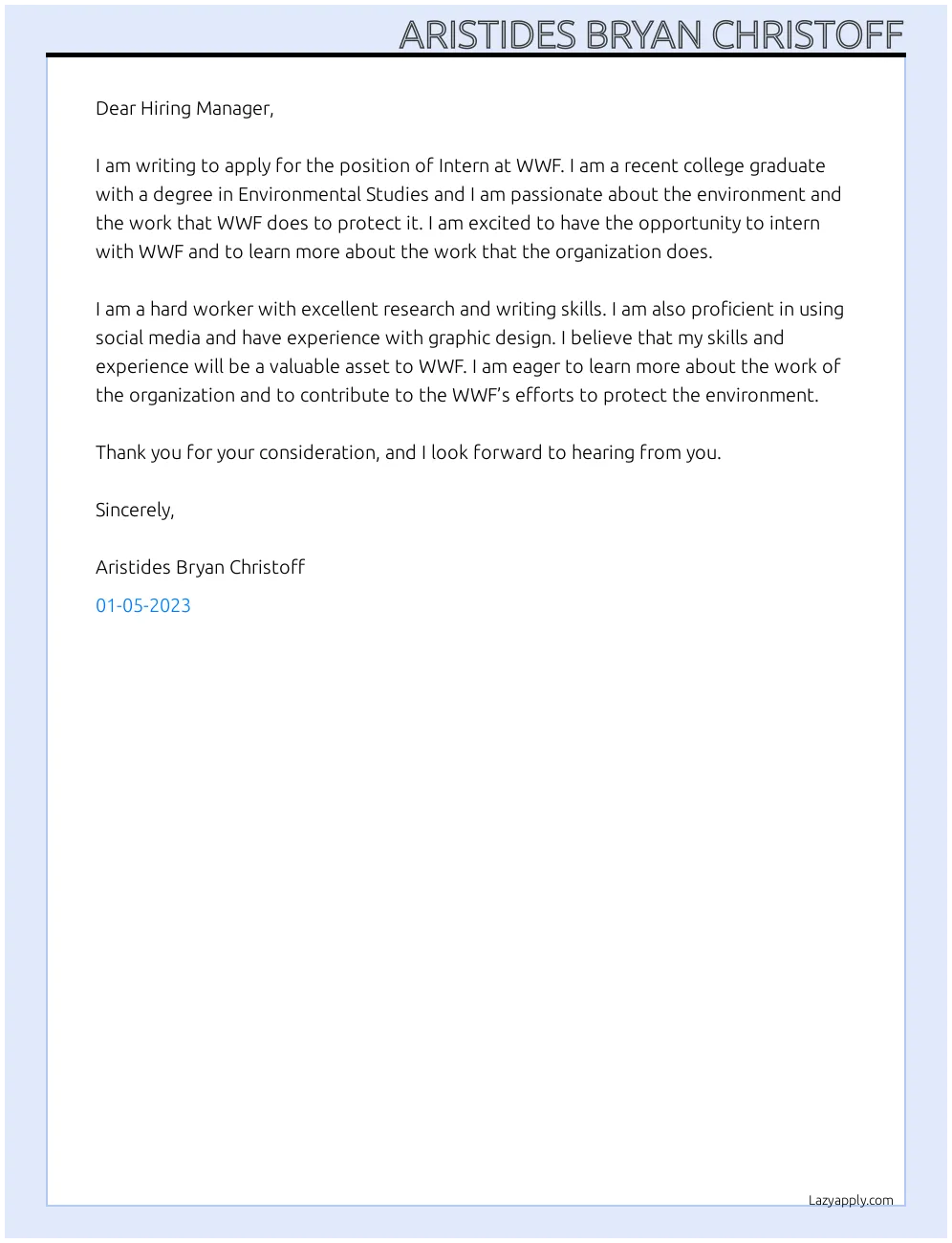
Pay close attention to the formatting and proofreading of your cover letter. Use a professional font, such as Times New Roman or Arial, with a font size between 10 and 12 points. Ensure that your letter is well-organized with clear sections, headings, and spacing. Proofread your cover letter multiple times to catch any grammatical errors, spelling mistakes, or typos. A polished and error-free cover letter demonstrates professionalism and attention to detail. Poorly formatted or error-ridden cover letters can make a negative impression and detract from your qualifications. Always use a spell checker and consider having a friend or career counselor review your letter for any mistakes. Proofreading is crucial to ensure your application is taken seriously.
Common Mistakes to Avoid
Generic Cover Letters
Avoid using a generic cover letter that is not tailored to the specific job or the World Bank. Generic letters do not demonstrate your interest or understanding of the position. Use templates as a starting point but customize them to reflect your skills and experiences relevant to the job. Make sure you use the appropriate keywords and phrases from the job description. Generic cover letters show a lack of effort and can make the hiring manager think you are applying for every job. Tailor each cover letter to the specific position, highlighting your relevant skills and experience. This personalization is essential for showing that you are a good fit for the role and that you understand the requirements of the World Bank position.
Focusing on the Wrong Skills
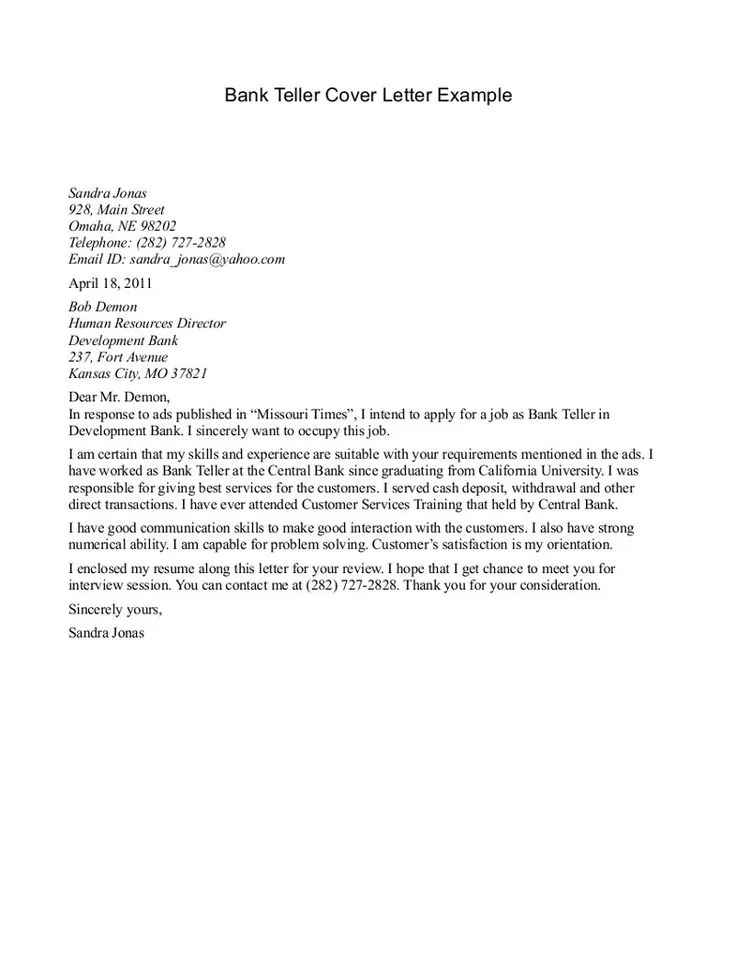
Focusing on skills that are not relevant to the job is another common mistake. Review the job description carefully and highlight the skills that the World Bank values. Do not include irrelevant information that does not support your application. Focus on your relevant skills, such as project management, analytical skills, and experience in international development. Highlighting your relevant skills will show that you have carefully considered the requirements of the role and believe you can meet those needs. This is key to making a positive impression. You must align your experiences with the job description to ensure you’re highlighting the skills and experience that matter most to the hiring manager. Make sure every element is aligned.
Failing to Research the World Bank
Failing to research the World Bank is a critical mistake. Your cover letter should demonstrate your understanding of the Bank’s mission, values, and initiatives. Provide specific examples of your experience that align with the World Bank’s goals. Failure to demonstrate knowledge about the Bank shows a lack of initiative and a lack of interest in the role. Take the time to research the World Bank’s recent projects, key initiatives, and core values. This shows you have done your homework and are genuinely interested in the organization. Mentioning specific projects or initiatives relevant to the role shows that you understand the Bank’s priorities and can contribute to its goals. This demonstrates your genuine interest in the opportunity.
The Importance of Tailoring Your Letter
Tailoring your cover letter is critical to making a strong impression. Customizing your letter to each job demonstrates that you are genuinely interested in the role and the organization. A tailored letter shows that you have taken the time to understand the specific requirements of the position and have carefully considered how your skills and experience align with the job description. This shows initiative and a proactive approach, which is highly valued by employers, and it increases your chances of getting an interview. Tailoring means more than just changing the name of the company and the role; it involves carefully reading the job description, highlighting the most important skills and experiences, and providing specific examples that demonstrate your qualifications. A well-tailored letter makes a strong case for why you are the best candidate and sets you apart from others who may have sent generic applications.
Tailoring to Specific Job Descriptions
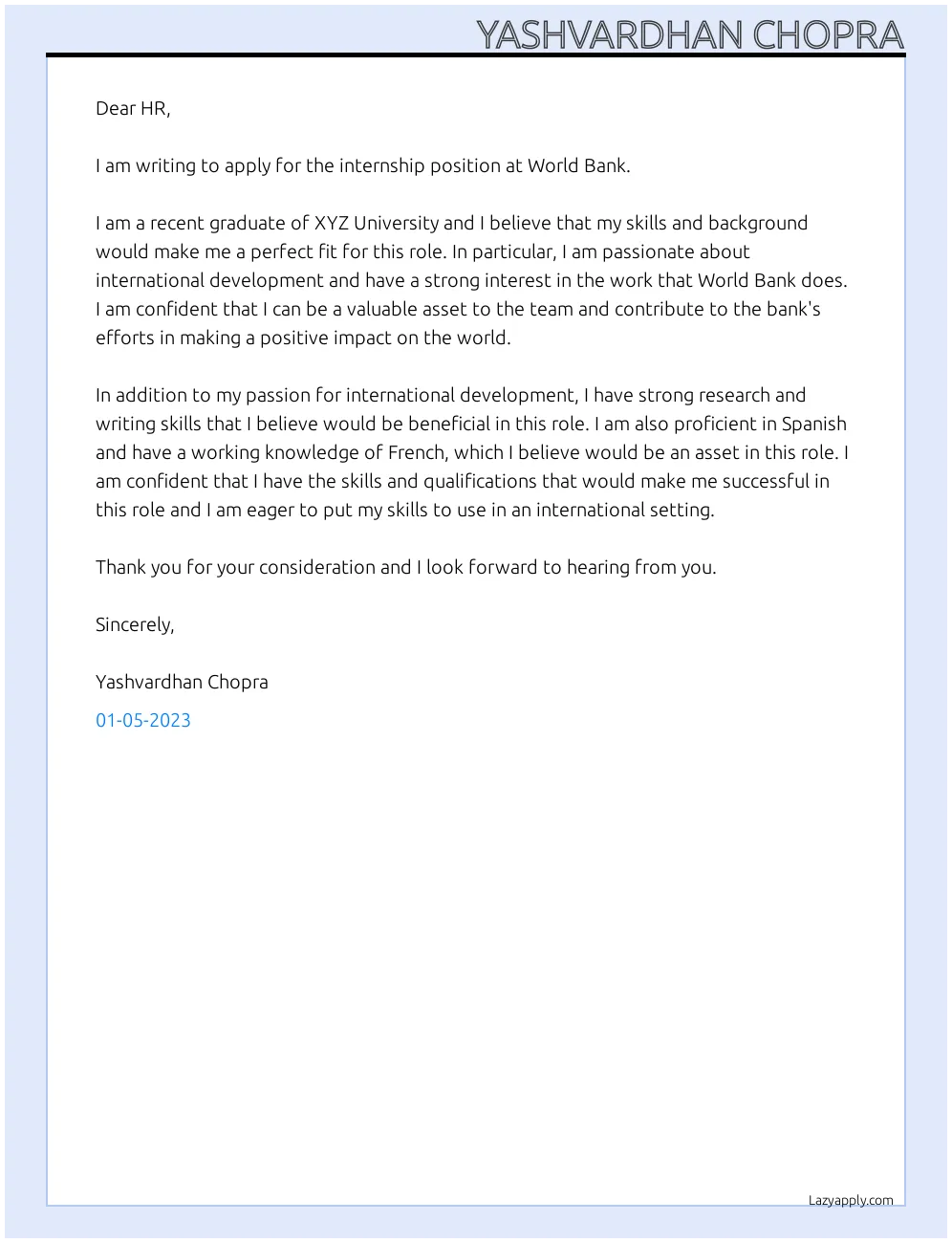
Carefully read the job description to identify the key requirements, skills, and qualifications sought by the World Bank. Highlight your experience and skills that align with these requirements, providing specific examples to support your claims. Tailoring your letter to the job description demonstrates that you understand the needs of the role and that you possess the necessary skills to succeed. Do not provide generic information; instead, focus on your relevant experiences and skills, and show how they align with the job requirements. Your focus should be on showing you possess the exact skills they’re looking for. Tailoring your cover letter shows you are serious about the position and have taken the time to understand what the job entails, making it stand out from generic applications. This will significantly increase your chances of being selected for an interview.
Using Keywords from the Job Posting
Use keywords from the job posting to demonstrate your understanding of the role and its requirements. Incorporating relevant keywords helps your cover letter get noticed by applicant tracking systems (ATS) and hiring managers. Carefully review the job description and incorporate keywords into your letter naturally. Do not stuff your letter with keywords; instead, integrate them seamlessly into your sentences. Highlight your relevant skills and experiences using these keywords, showcasing how your background aligns with the requirements. When you use the exact words from the job description, it signals to the hiring manager that you are a good match for the position. This strategy improves your chances of being selected for an interview and helps you demonstrate your knowledge of the role’s requirements.
Resources and Further Reading
Explore resources that can help you write a winning cover letter. Consult career counselors or experts for personalized advice. Review sample cover letters for the World Bank and similar organizations. The World Bank’s website also provides valuable information about their hiring process and expectations. Look for tips on highlighting your skills, quantifying your achievements, and expressing your passion for international development. Utilize online resources and articles to improve your writing skills and refine your cover letter. Reading examples will help you better understand how to craft a compelling cover letter, including what keywords to use, how to showcase skills, and the right tone. Taking advantage of these resources will help you craft a compelling and tailored cover letter to increase your chances of success.
